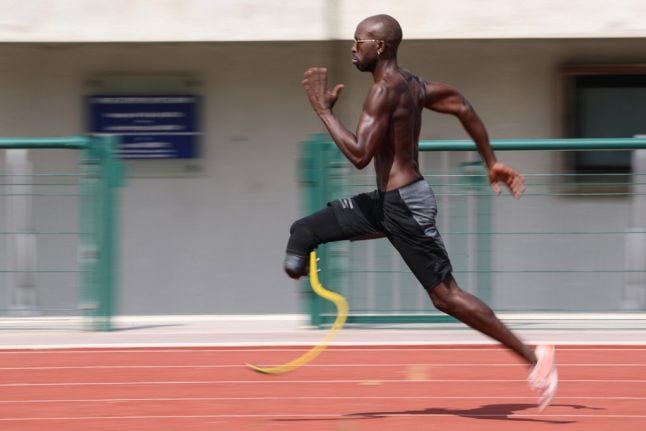GRAUBÜNDEN
Graubünden says no to hosting 2026 winter Olympics
Residents of the canton of Graubünden on Sunday rejected a plan for the area to host the 2026 winter Olympics.
Published: 13 February 2017 10:33 CET

The campaign to put Graubünden forward as a candidate was defeated at the polls on Sunday. Photo: Fabrice Coffrini/AFP
Over 60 percent of people voted in a referendum against the idea of Graubünden becoming the official Swiss candidate.
The cantonal authorities were asking for approval of a 25 million franc fund for Graubünden’s candidacy.
Only nine million of that would have been paid by the canton itself, the rest being paid by the federal government and the Swiss Olympic committee, reported news agency ATS.
The plan would have seen the Games spread over various locations in the canton as well as in Zurich, Einsiedeln and Engelberg.
Backers said hosting the Games would bring a welcome boost to Graubünden’s economy, which has suffered in recent years under the strong franc and a dip in winter tourism.
It’s the second time in five years that the canton has rejected such a plan. In 2013 a proposal for Graubünden to host the 2022 winter games was also quashed.
According to some, this new proposal came to soon after the last one.
The rejection of Graubünden leaves only one other region in the running as the Swiss candidate for 2026.
Last May the cantons of Vaud and Valais teamed up to launch a joint bid for candidacy that would see the Games spread out across several sites in the two cantons.
Sion was chosen as the host city of the shared bid, though competitions would be held in 14 towns and cities including Lausanne, Champéry, Crans-Montana, Verbier and Zermatt.
Sites further afield, such as St Moritz and Kandersteg, could even be involved.
With only one candidacy now on the table, national Olympic committee Swiss Olympic will spend the next few weeks assessing whether Sion 2026 meets the specified criteria – namely, that hosting the winter Olympics there would have a positive impact on the country, and that it has the capabilities to win its bid for the Games in 2019.
Swiss Olympic will make its decision on March 7th, before final confirmation on April 11th.
Switzerland has twice hosted the Winter Olympic Games, in 1928 and 1948, both times in St Moritz, Graubünden.
Url copied to clipboard!




 Please whitelist us to continue reading.
Please whitelist us to continue reading.
Member comments